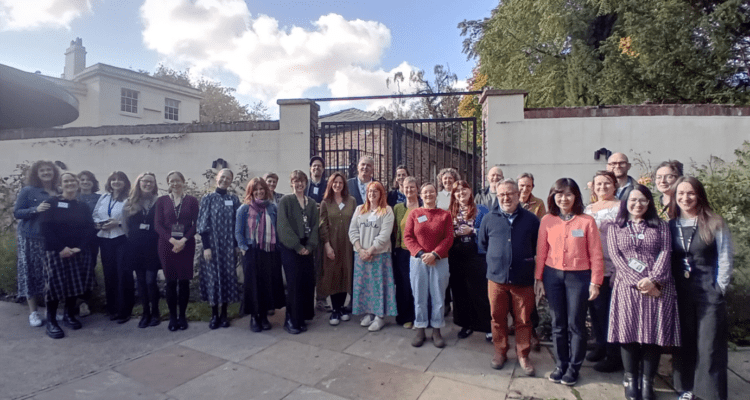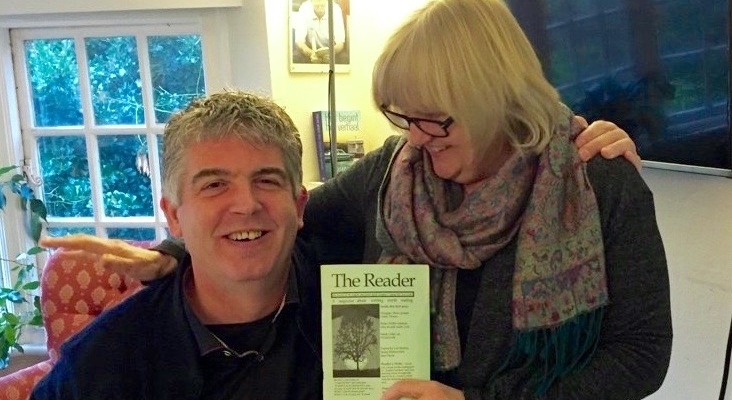A Japanese Adventure… Part 4
From Leila Green, on her Japanese travels:
It's impossible to walk the streets of any bustling city in Japan, let alone Tokyo, without musing about the Japanese modern definition of beauty. And still less to do so without comparison to Western ideals. Urban pop art abounds with images of (small nosed; petite) Marilyn Monroe and Audrey Hepburn (that urchin haircut again). Consumers have little trouble keeping up with trends - indeed it is a priority to do so. Japan's second largest world economy status is all-too-blatantly expressed by sky-scraping department stores and hands struggling with plenty of smart shopping bags. As Murakami expresses in 'UFO in Kushiro', Japan is unequivocally a cash culture:
"people's wallets [are] bursting with 10,000 Yen notes, and everyone [is] dying to spend them: The most expensive items are the first to sell out".
You need never worry about small vendors having enough change for a 10,000 Yen note (£75) when purchasing a chocolate bar. Some vending machines (of which there are hundreds in a ten block radius in Tokyo, providing a great variety of hot and cold drinks; alcohol; and cigarettes) even accept them.
Yet despite the over commerciality of Japan: the up-to-date clothes and gadgets, even the flashing billboards and multicoloured gameshow lights of Electronic City complete with maids lining the pavements ready to lure you into their cafe with a giggle, Japan's urban life avoids the brashness that characterises Times Square, and (to a lesser extent) Leicester Square. This is because the most endearing and enduring quality of the Japanese people is their humbleness. My trusty free booklet captures this characteristic nicely, describing how "social formalities, etiquette and modesty are instilled in us in our upbringing almost from birth, respect and consideration for others are of upmost importance." Sounds of "Dozo", meaning "Please" ("go ahead") are more than regular. You can find yourself in an endless circle of politeness with another, repeating "Dozo"/"Domo"/"Dozo"/"Domo" - "Please"/"Please" ("thank you")/"Please"/"Please". The Japanese rarely say "No" because they dislike being unable to accommodate another. If someone can't help you, they are likely to tail off, or repeat what they do know (although they seem to have less of a problem saying "No" in English!). It's a popular opinion amongst social commentators and especially the older generations that an increase in Westernisation will necessarily cause in increase in selfishness, or the every-man-for-himself doctrine. They claim this is already becoming a social epidemic, especially amongst the young and flashy. Overall, I think that Japan, like most places in the world I've visited is most guilty of this in its densely populated cosmopolitan areas. On a whole people in the city (dwellers and visitors) are less gracious about giving up their space in a queue to another, and are less likely to offer their priority seat on the tube (even when encouraged to do so by the upholstery).
However during my time in Japan, I never ceased to marvel at the kindly spirit of the Japanese en masse. Cries of "Irimasu" - "Welcome" - and beaming smiles greet customers as they enter every shop. Not once have I received begrudging service in Japan. Even the lift workers on the slopes in Hakuba who have one of the more monotonous jobs of manning the lifts for hours and every fifteen seconds sweeping fallen snow off incoming chairs before ushering skiers and boarders onto them, do so with an accompanying "Dozo" and a bow. At one point on the slopes one of Nikki's skis wouldn't stay on and I had to ski (with her skis over my shoulder) down to the nearest lift for help, while she shuffled down as best she could without them. The lift worker could barely understand my English, but he was still exceedingly jovial and helpfully called piste security to aid us. In the meantime he jogged in and out of his hut to fetch a boiled sweet for me while I waited. Many a time when we've struggled to communicate with Japanese who speak basic English, more fluent speakers have come to our aid. It's the little touches that make a world of difference. In fact we owe our visit to Kobe City Museum to a benevolent stranger; who overhearing Nikki and I decide not to enter due to the admission fee being too steep (unfortunately for us we no longer qualify for student discount), insisted on paying for one of our tickets.
Books read whilst in Japan:
A Pale View of Hills, Kazuo Ishiguro (Faber and Faber, London: 2005)
In the Miso Soup, Ryu Murakami (Bloomsbury, New York: 2006)
After the Quake, Haruki Murakami (Vintage, New York, 2003)
Share
Related Articles

Celebrating the first ever International Shared Reading Conference
‘It has been a wonderful day - great meeting you all! Loved the Shared reading and getting new knowledge. Inspiring…

Henrik Wig, Sweden: ‘In a world where democracy is in many ways threatened, Shared Reading can be a counterforce’
Literature teacher Henrik has been running Shared Reading groups across southern Sweden for six years with children’s groups and at…

Reader Revisited: An Interview with Het Lezerscollectief (The Readers’ Collective)
We're taking a trip down memory lane and revisiting articles from The Reader Magazine. This article first appeared in issue 73.…


